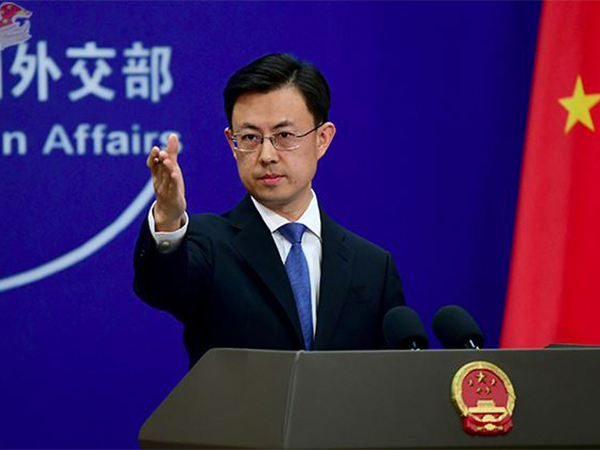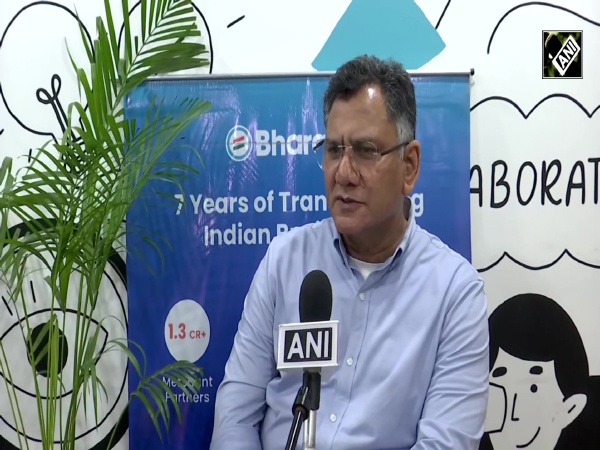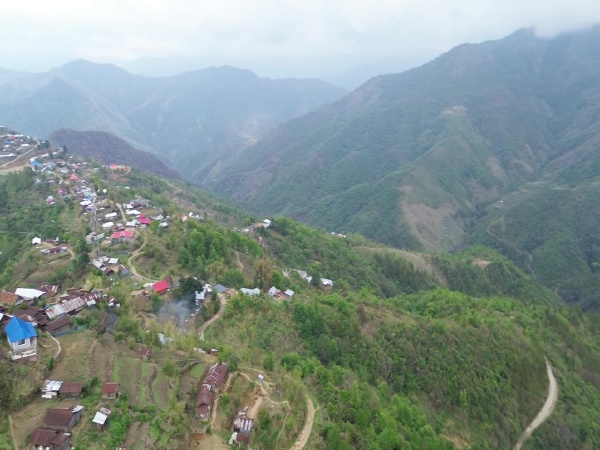After petroleum products, Pakistan looks to increase power tariffs
May 28, 2022

Islamabad [Pakistan], May 28 : After hiking the prices of petroleum products in Pakistan, the Shehbaz Sharif-led government is planning to now increase electricity tariffs in the country, according to an official.
Minister of State for Petroleum Musadiq Malik on Friday said that an increase in electricity tariff would follow fuel price adjustment through withdrawal of subsidies while protecting the poor under principles agreed to with the International Monetary Fund (IMF), Dawn newspaper reported.
He said that Pakistan has committed to ending global subsidies that are equally available to the rich and the poor.
"This is the high-level agreement under which we are taking all these decisions," he said, adding the electricity prices would also be adjusted on the same lines so that the poor remain protected.
The new petrol price, after the recent hike, will be Rs 179.86 per litre, high-speed diesel will be available for Rs 174.15 per litre, kerosene oil will be priced at Rs 155.56 per litre, and the rates of light diesel will be that of Rs 148.31 per litre, reported Ary News.
As per reports, the Pakistani government led by Prime Minister Shehbaz Sharif has decided to hike the electricity prices by Rs 7 besides privatization of profitable public-owned DISCOs.
This comes after IMF expressed concern over the Rs 2,600 billion power tariff. The Fund had suggested the government immediately privatize the public-owned profitable DISCOs.
Meanwhile, Pakistan is reeling under an acute electricity crisis resulting in a power shortfall of 6,500 megawatts (MW) accompanied by long hours of load shedding, lasting up to 12 hours.
Against a demand of 26,000 megawatts, the power supply in the country remained at 19,500 megawatts, reported Ary News. Rural areas in Pakistan are experiencing power cuts for up to 12 hours.
Further, the electricity shortfall of Lahore Electric Supply Company (LESCO) has touched 8,00 megawatts. Although the electricity demand is 4,800 megawatts, the electricity supply is 4,000 megawatts.


















